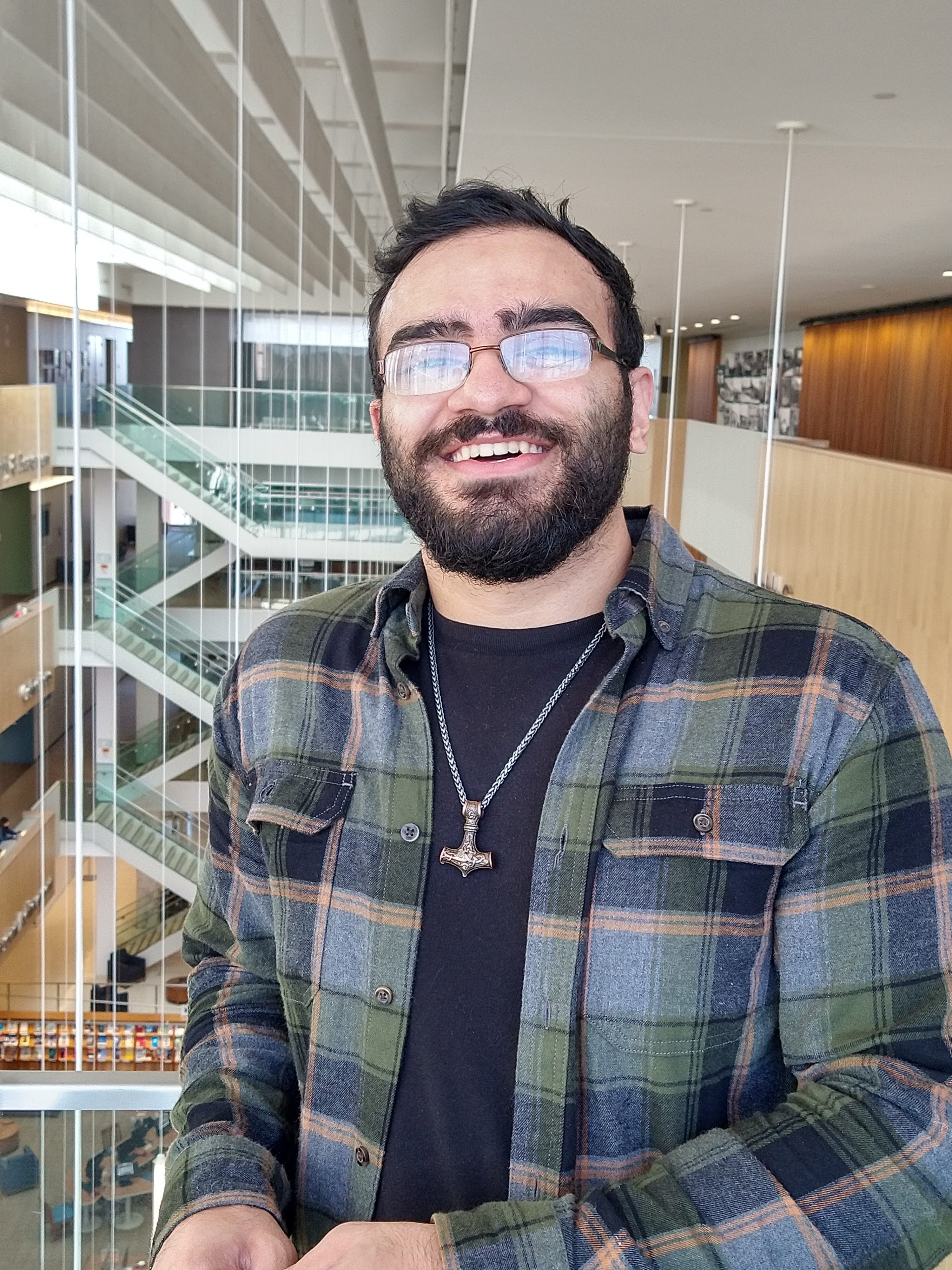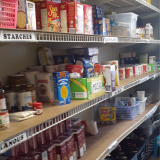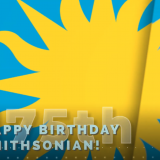Our Generation: Balil Chaudry, Maryland
Story Narrative:

This snapshot was gathered in conjunction with the Maryland Voices initiative at Maryland Humanities, specifically to supplement the "Voices and Votes: Democracy in America" traveling exhibition from the Smithsonian's Museum on Main Street program. This collection, made up of stories of first-time voters between the ages of 18 and 24, showcases the experiences of young people as they wrestled with the 2020 presidential election, issues around social justice, the environment, immigration, and the pandemic.
Balil Chaudry (00:00): My name is Balil Chaudry. I'm a senior at Salisbury University. And I grew up in Brooklyn and Salisbury, Maryland. I was in Brooklyn until I was 10 years old. And then I moved down here for the rest of my life, basically. And then I stayed here for college as well. It's an interesting mix because I got to live in both the city, more Russian vibe, and also Salisbury, which is a really small town. So I got to see the disparity in both aspects of America.
Balil Chaudry (00:32): I feel like, in terms of the Congress members being out of touch, you got to keep in mind, shockingly, I believe Nancy Pelosi was born in the '40s or '50s, and I believe segregation was still a thing at the time. I could be wrong. But they were born in a time where discrimination was still rampant. So they're looking at where we are right now and thinking it's progressive, as opposed to us 20 year olds or 30 year olds, who have been living in what seems like more of a stagnant environment, where you see people in need but not much is being changed.
Balil Chaudry (01:04): And a lot of us have also, at least for myself, when I was in Brooklyn and I went to school, there was a diverse community in my classroom. I had friends that were Italian, Russian, from Gambia, Haiti, all over the place and ethnic backgrounds. So we were all in this, a bunch of little kids and first grade, second grade, all that, learning together.
Balil Chaudry (01:27): You get exposed to people from different backgrounds and you make friends. You go to each other's houses, you try different food, so you're more accepting because you see that at such a young age than, let's say, Congress members that were still around in segregation restricted to only hanging out with people of their own race. So, they never got that exposure. And when they got older, they still have that prejudice in their mind because that's the time in which they were raised.
Balil Chaudry (01:51): So I feel like my generation and the younger generation is more willing to talk about these issues just because we've been around people from different backgrounds. And for my sake, I could say that if I have a friend, let's say, when I was in Brooklyn, I had a friend whose name was Antonio. And he got picked on a lot. He was Italian and he got picked on a lot by some of the Russian kids. We were friends and if I meet someone now, who's like, let's say [inaudible 00:02:24] another Italian person, and I have a friend now and I see them getting discriminated [inaudible 00:02:32] when I was younger, like kind of a related or even I had a lot of Chinese friends when I was in New York. And even with them, still, they get discriminated against in today's world, which I completely... Overall, I don't understand discrimination, but especially when you're at school and stuff, I don't get it.
Balil Chaudry (02:50): But if I see, for example, one of my closest friends in Brooklyn, his name is Joseph Chen. And if I see someone who's from a similar descent here in Salisbury who's getting discriminated against, I'll think that was my friend. I was friends with him for so long. We were basically brothers. So I'll look at you the same way. Even if you go from a religious aspect, all monotheistic religions, Adam and Eve were the first people on Earth, so we're all brothers and sisters. So I think there's like a sense of comradery there, where you have to help your brother, basically, if they're in need.
Asset ID: 2021.03.06.g
Themes: Frustration, segregation, politics, politicians, youth, Gen Z, diversity, multiculturalism, Congress, prejudice, dialogue, Asian Americans, religion
Date recorded: February 1, 2021
Length of recording: 03:26 m
Related traveling exhibition: Voices and Votes: Democracy in America
Sponsor or affiliated organization: Edward H. Nabb Research Center, Salisbury University, in partnership with Maryland Humanities
More information: https://www.mdhumanities.org/programs/museum-on-main-street/2021-2022-tour/
Media Files:
-
Hear Balil's story (includes open captions).
-
Audio version of Balil's story.



